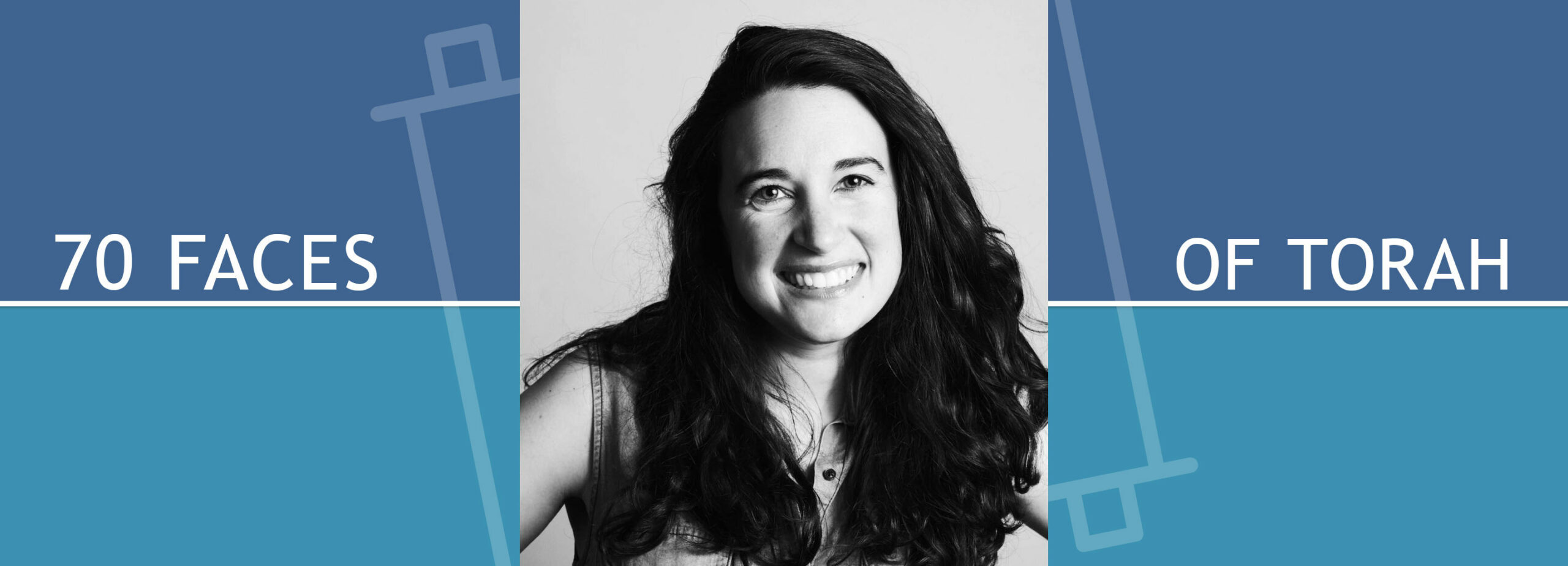Alumni Hello, Pharaoh, My Old Friend

Parashat Va’era (Exodus 6:2-9:35)
Last night, I put a record on while I cooked dinner. Wednesday at 3AM by Simon and Garfunkel, their debut album, featuring “The Sounds of Silence,” an acoustic version. The album was recorded and released in 1964 and was initially a flop. Both Paul Simon and Art Garfunkel were in their early twenties at the time, and after this failed release, went their separate ways until a remixed version featuring additional tracks with overdubbed electric instruments took off on radio stations.
Remarking on the origin of the song, Art Garfunkel said it was written about “the inability of people to communicate with each other[…]so what you see around you are people unable to love each other.”
I’m not sure I can think of a better tagline for Parashat Va’era.
Moses and God begin their extremely close relationship with the very first line of the parashah:
וַיְדַבֵּר אֱלֹהִים אֶל־מֹשֶׁה וַיֹּאמֶר אֵלָיו אֲנִי יְהֹוָה׃
God spoke to Moses and said to him, “I am the LORD” (Exodus 6:2).
A clear, simple, heartfelt introduction.
Moses—who comes closer to seeing God face to face than anyone else in the Torah, who, unlike any of our ancestors before him, is introduced to God with God’s four-letter name—responds to God with what can only be described as extreme imposter syndrome. God gives Moses the directive to speak with Pharaoh and tell him to let the Israelites leave. Moses immediately shies away from this responsibility, saying, in effect, there is no way that Pharaoh will listen to me. Says Moses, “I am עֲרַל שְׂפָתָיִם, a person of impeded speech, Pharaoh will be unable to hear me.” Notice he doesn’t say that he won’t be able to speak the request; rather, somewhere between his speech and Pharaoh’s ears, the message will get lost. Or, in other, folk-music words: But my words, like silent raindrops fell/ And echoed in the wells of silence.
And in many ways Moses is right. Although he repeatedly asks Pharaoh to let the Israelites go free, Pharaoh continues to be unable to hear him, and tells him no again and again. Through the hardening of his own heart, Pharaoh is unable to communicate effectively.
In neither Va’era nor “The Sounds of Silence” is there a satisfying end to this showcase of miscommunication. The last stanza of the song warns that people are turning to false gods instead of turning toward each other. (And the people bowed and prayed/ To the neon gods they made.)
And in the last verse of the parashah, Exodus 9:35, Pharaoh grows stiffer and stiffer, becoming something of a statue or a false idol himself. The verse says,
וַיֶּחֱזַק לֵב פַּרְעֹה וְלֹא שִׁלַּח אֶת־בְּנֵי יִשְׂרָאֵל
So Pharaoh’s heart strengthened and he would not let the Israelites go.
Rabbi Samson Raphael Hirsch writes that this use of the Hebrew word חֱזַק or “strengthening” of Pharaoh’s heart means his heart became solid and unable to absorb anyone else’s opinions. His heart became steadfast and calcified, in its own beliefs, unable to yield no matter what was in front of him, or to use Art Garfunkel’s framing, he was unable to love the other, no matter how much he was given the opportunity to do so.
However, at the end of the word חֱזַק is the Hebrew letter kuf, about which the Talmud has a whole discussion (on Shabbat 104a). The word kadosh, meaning holy, starts with the same letter, and the Talmud asks: “Why is the leg of the kuf suspended and not connected to the roof of the letter? Because if the wicked person repents he can enter through this opening if he so desires.” The kuf actually has two openings: multiple entry points to allow for turning toward someone instead of away from them—possibly the holiest thing anyone can do.
I am not one for rose-colored glasses. I understand there are people who will never be able to open their hearts to those they deem “less than.” Perhaps this Talmudic insight is meant to serve as a reminder that this is the exception: not everyone is at Pharaoh’s level of calcification. There are those whose hearts are able to turn, not necessarily easily, but there is space and an opening for those who can eventually listen.
We don’t get to see this rosy alternate ending to the story. In the text, Pharaoh remains evil and unyielding until his last breath. But maybe that kuf is thrown in there to give us the tiniest hint, that there is potential, maybe not for Pharaoh, but for the generation after him, or after them. The kuf is the reminder to keep doing the work of speaking up and turning toward, even amidst a gulf of communication impediments and obstacles.
The truth is “The Sounds of Silence” wasn’t the song that caught my ear in my living room the other night. That was the song “Bleecker Street,” one of the last songs on side A of the album. The song is—much like all of Paul Simon’s songwriting—plaintive, poetic, haunting, and beautiful. It ends with the line: “It’s a long road to Caanan/ On Bleecker Street.”
Obviously, with my rabbinic ear, all I could hear in the word Canaan was the echo of freedom, of promise, of hope for a better future, of the end of Egypt. And as I read through Va’era I found Paul Simon’s lyrics confirmed—it is a long road, filled with many who refuse to hear the call for a more accepting and freer future. Ultimately the only way forward is to strengthen ourselves in the face of those who are against us, keep space, and hope for openings and holiness along the way.
Please email the author if you would like to share feedback.
Yael Werber is a 2022 graduate of Hebrew College Rabbinical School and is currently serving as assistant rabbi at Congregation Beit Simchat Torah in Manhattan.

